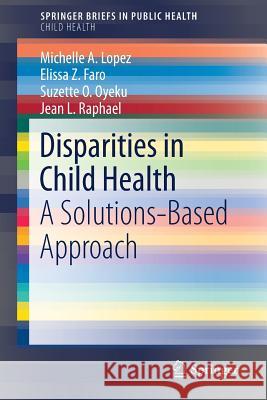Disparities in Child Health: A Solutions-Based Approach » książka
topmenu
Disparities in Child Health: A Solutions-Based Approach
ISBN-13: 9783030032098 / Angielski / Miękka / 2018 / 59 str.
Kategorie BISAC:
Wydawca:
Springer
Seria wydawnicza:
Język:
Angielski
ISBN-13:
9783030032098
Rok wydania:
2018
Wydanie:
2018
Ilość stron:
59
Waga:
0.13 kg
Wymiary:
23.5 x 15.5
Oprawa:
Miękka
Wolumenów:
01
Dodatkowe informacje:
Wydanie ilustrowane











